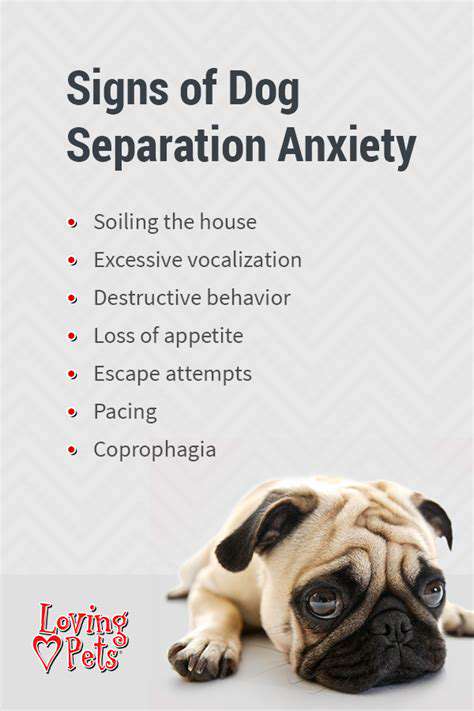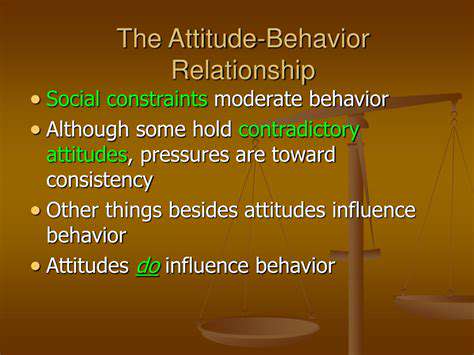Understanding Pet Allergies: Symptoms and Treatment

Understanding Pet Allergies
Pet allergies are a common problem, affecting millions of people worldwide. They're caused by an immune system reaction to proteins found in pet dander, saliva, and urine. These tiny particles are constantly shed and dispersed throughout the environment, leading to allergic symptoms in susceptible individuals. Understanding the triggers and how they affect you is the first step to managing your allergies. This reaction can vary from mild discomfort to severe respiratory distress, making it crucial to identify the specific pet allergens.
Allergic reactions often manifest as symptoms like sneezing, runny nose, itchy eyes, and skin rashes. Identifying the specific pet that triggers your reaction is essential for effective allergy management. While dogs and cats are common culprits, other pets like birds, rodents, and even fish can also cause allergic responses in sensitive individuals. Knowing what type of pet allergy you have is crucial for avoiding exposure and alleviating symptoms.
Managing Pet Allergies at Home
Minimizing exposure to pet allergens within your home is a key strategy for managing pet allergies effectively. This often involves creating a pet-free zone in your living space, especially in bedrooms. Consider using HEPA filters to capture airborne allergens, and regularly vacuum and dust to remove pet dander from carpets, upholstery, and other surfaces.
Washing your hands frequently after contact with pets can also help prevent the spread of allergens. Regularly bathing your pets, if possible, can reduce the amount of allergens they shed, though this isn't always an option or effective for all animals. Consistent cleaning and minimizing contact with pets are critical for maintaining a comfortable and allergy-friendly environment.
Implementing these measures will significantly reduce the amount of allergens in your home, thereby lessening your exposure and allergic reactions. Choosing pet-friendly flooring, such as tile or hardwood, can also make cleaning easier.
Treatment Options for Pet Allergies
If avoidance measures aren't enough to manage your pet allergies, various treatment options are available. Over-the-counter antihistamines can help alleviate symptoms like sneezing and itching. Prescription medications, such as nasal corticosteroids, can provide more potent relief for persistent or severe reactions. In some cases, allergy shots (immunotherapy) may be recommended to gradually desensitize your body to pet allergens.
Consulting an allergist is crucial to determine the most appropriate treatment plan for your specific needs and circumstances. They can perform allergy tests to identify the specific allergens causing your reactions and recommend the most effective course of action. Working with a healthcare professional is essential to ensure that any treatment plan is tailored to your individual health and needs.
Alternative Approaches to Pet Allergies
Beyond traditional treatments, some alternative approaches can help manage pet allergies. These may include dietary changes, supplements, or herbal remedies. While some individuals find relief through these methods, it's important to note that scientific evidence supporting their efficacy is often limited. Consulting with a healthcare professional before trying any alternative approach is always recommended to avoid potential interactions or complications.
Consider strategies like stress reduction techniques, as stress can exacerbate allergy symptoms. Lifestyle adjustments, such as getting enough sleep and maintaining a healthy diet, can also play a role in overall well-being and potentially mitigate allergic reactions.
Read more about Understanding Pet Allergies: Symptoms and Treatment
Hot Recommendations
- Review: [Specific Brand] Small Animal Cage
- Why Rescuing Pets Saves Lives
- Best Pet First Aid Kits [What to Include]
- How to Help Stray Animals in Your Community
- Guide to Adopting a Pet When You Have Kids
- Top Reptile Heat Lamps
- Heartwarming Rescue Stories That Will Inspire You
- Review: [Specific Brand] Bird Cage
- Best Aquarium Filters [2025 Review]
- Review: [Specific Brand] Smart Litter Box

![Best Pet Strollers [For Seniors or Injured Pets]](/static/images/33/2025-05/ImportantConsiderationsBeforePurchase.jpg)


![Best Dog Food Brands in 2025 [Review & Comparison]](/static/images/33/2025-06/Budget-FriendlyOptions3AMeetingNeedsonaTightBudget.jpg)
![Guide to Winter Pet Care [Protecting Paws]](/static/images/33/2025-06/PreventingSaltandChemicalExposure3ASafeguardingPawHealth.jpg)





